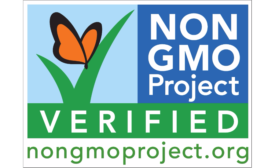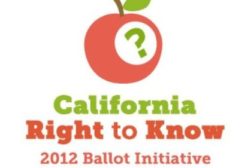Home » Keywords: » GMO
Items Tagged with 'GMO'
ARTICLES
Specific is better for food product benefit claims
Mintel research reveals decrease in “all natural” claims on Canadian product launches.
December 12, 2018
Report: Consumers’ GMO knowledge still minimal, but getting better
Most unaware of GMO labeling law; concern growing about consuming foods with GMOs.
December 14, 2016
GMOs
A uniform GMO labeling law hinges on House of Representatives’ vote
Bill likely to pass, but it doesn’t mean the issue’s been resolved even if it passes Congress.
July 13, 2016
Majority of U.S. consumers concerned about GMOs, but most doesn’t know what it means
NPD report shows twice as many consumers are concerned about GMOS than in 2002.
April 29, 2015
Sign of the genetically modified times
California vote on GMO labeling could change the food world
June 27, 2012
Snack on the latest trends, news, and developments!
Stay in the know with Snack Food & Wholesale Bakery, the premier source of information for snack, bakery, and confectionery professionals.
JOIN TODAY!Copyright ©2025. All Rights Reserved BNP Media.
Design, CMS, Hosting & Web Development :: ePublishing






